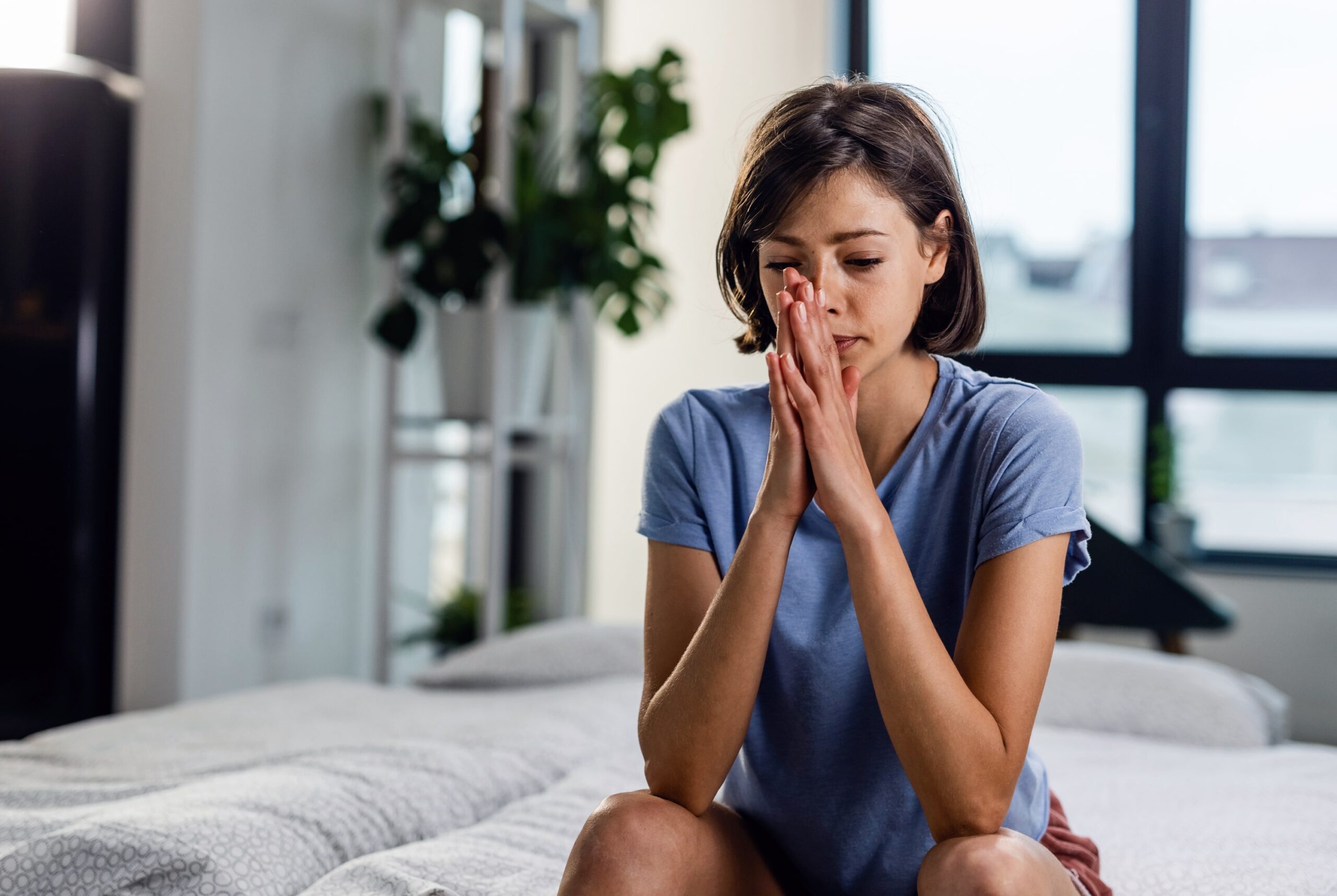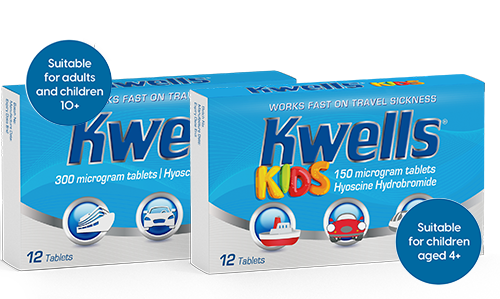Nausea: The Ultimate Guide – Symptoms, Causes & Treatment
What is nausea?
Nausea, or feeling sick, is one of the main motion sickness symptoms.
The word nausea is derived from the Greek word ‘naus’ which came from ‘nautical’ meaning a ship!
What are the symptoms of nausea?
Nausea is most commonly associated with vomiting and a sick feeling in the stomach.

Causes of nausea
Nausea is often caused by motion sickness.
Other nausea causes include:
- Alcohol consumption
- Anxiety
- Certain medications
- Pregnancy
- Recent surgeries
If efforts to relieve nausea yourself have not worked, make an appointment with your GP.

How to stop nausea
You can reduce the symptoms of nausea by avoiding triggers.
Nausea triggers include:
- Flickering lights
- Heat
- Strong odours
- Travelling by car, boat, train, or plane
Fresh air also helps to reduce the symptoms of nausea.
You can also try:
- Breathing exercises
- Drink ginger-based drinks to settle your stomach
- Listening to music
- Sleeping
- Take regular breaks, if possible, when travelling

When should you see a doctor about nausea?
If your nausea does not subside in a few days or if it is recurring, you should see your GP.
Your GP will be able to assess the cause and may prescribe anti-nausea medication.
If you are immediately concerned about nausea, call 111.
If your nausea is coupled with chest pain, pain that spreads to your arms, neck, back or, jaw, or with shortness of breath, call 999.
Headaches and nausea
Headaches are often coupled with feelings of nausea, especially when they are severe.
Nausea most commonly accompanies a headache when you:
- Are dehydrated
- Are stressed
- Have a food allergy
- Have food poisoning
- Have the flu or a cold
- Smoke excessively
- Suffer from cluster headaches
Over 60% of people with severe headaches (migraines) also experience feelings of nausea.1
Anxiety and nausea
When you are anxious, your body is preparing you to face a difficult situation or crisis. Similar to “fight or flight”, anxiety can put your body under immense pressure.
This includes putting your digestive system under pressure and creating feelings of nausea.
In order to cope with anxiety and reduce associated nausea, you can try:
- Breathing exercises
- Exercising regularly
- Limiting alcohol and caffeine consumption
- Maintaining a healthy, balanced diet
- Maintaining familial relationship and friendships
- Meditating
- Regulating a healthy sleeping pattern

How to help relieve nausea
There are lots of anti-nausea tablets available in the UK, including our Kwells travel sickness tablets.
Our travel sickness tablets can help with symptoms of nausea as they contain Hyoscine Hydrobromide 300mcg which temporarily reduces the effect of movement on the balance organs of the inner ear and the nerves responsible for nausea.
If you have been prescribed anti-nausea tablets by your doctor, always follow any instructions they may have given you.
Anti-nausea tablets are available at your local pharmacy or online.
View our range of nausea tablets
Related blog posts
Kwells 300 microgram tablets. For the prevention of travel sickness, suitable for adults and children aged 10+. Contains Hyoscine Hydrobromide 300 microgram. Kwells Kids 150 microgram tablets. For the prevention of travel sickness, suitable for children aged 4+. Contains Hyoscine Hydrobromide 150 microgram. Always read the label
1https://www.ncbi.nlm.nih.gov/pmc/articles/PMC3798203/
